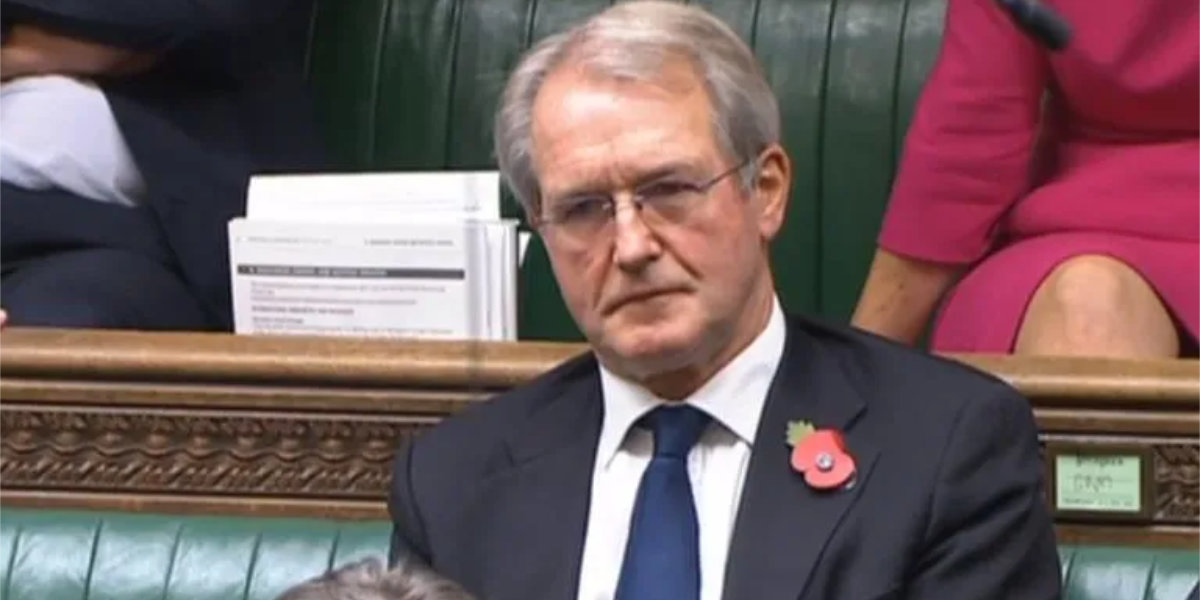We could slip into being a corrupt country,” said Jonathan Evans, the former head of MI5 and the crossbench peer who chairs the Committee on Standards in Public Life, as he denounced the government’s bid to save Owen Paterson’s political career and neuter parliamentary regulation of paid lobbyists.
On the same day Chris Bryant, chairman of the Commons’ standards committee, said that what the Boris Johnson government was trying to do in overturning Paterson’s suspension was “a perversion of justice” and is “not what we do in this country – it’s what they do in Russia when a friend or a foe is suddenly under the cosh in the courts”.
People in the UK often fail to see the seriousness of this deteriorating situation because mealy-mouthed words and phrases such as “lobbying”, “sleaze” and “egregious cases of paid advocacy” are used.
Patrick Cockburn
But perhaps the government’s botched attempt to save Paterson’s skin – despite detailed evidence of him lobbying hard for the two commercial companies paying him £9,000 a month – is, on the contrary, exactly the way we now do things in the UK. Bryant’s analogy with Russia – he might have mentioned Iraq or Turkey or a score of other countries – may not be too far off the mark. Lord Evans is demonstrably correct about the slippage into corruption and wrong only about how far this process has gone.
People in the UK often fail to see the seriousness of this deteriorating situation because mealy-mouthed words and phrases such as “lobbying”, “sleaze” and “egregious cases of paid advocacy” are used. But when these activities come together they create a toxic system in which it is only the companies that invest heavily in acquiring the services of powerful politicians and civil servants who will win the big contracts and plug into government subsidies.
In the wake of the Paterson furore, much of the commentary is about Boris Johnson’s misjudgements, and there is a reinforcement of the feeling that his government is full of dodgy people doing dodgy things. Parallels are drawn with the Tory sleaze scandals of the 1990s or the parliamentary expenses scandal of 2008. But these analogies miss the point, because in both cases the amount of money involved was trivial compared to the vast sums that the politically powerful can now hope to gain.
Paterson’s overall earnings were about £100,000 a year as a consultant to two companies, which may not sound enormous, but Randox Laboratories was paying him £8,333 for 16 hours’ work a month, or about £500 an hour according to the Commons standards committee report







